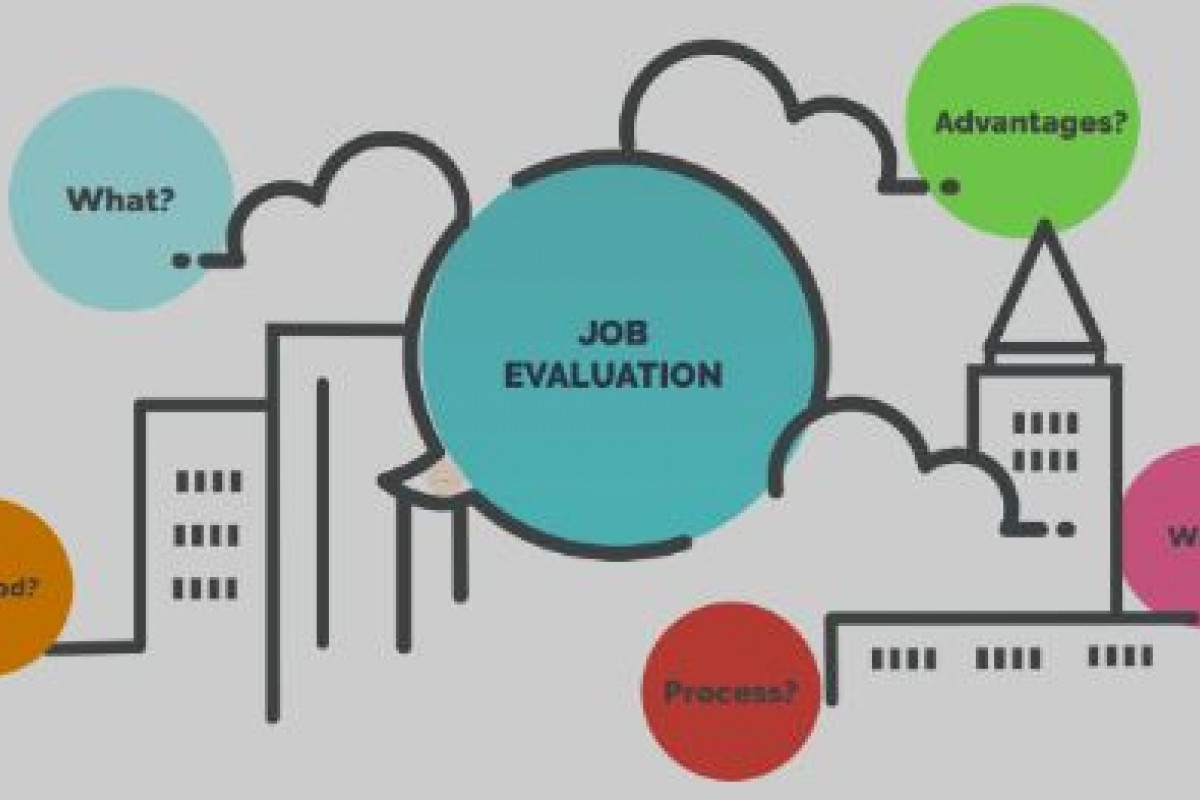Job evaluation is a systematic process aimed at determining the relative worth of different jobs within an organization. This involves assessing the unique requirements, responsibilities, and contributions of each role, taking into account factors such as skills, qualifications, experience, and market demand. By objectively evaluating jobs based on predetermined criteria, organizations can establish equitable compensation structures and promote a culture of fairness and transparency.
The most common job evaluation system that over 60% of the organizations in Zimbabwe are using as of 2024 is the Paterson system which grades jobs by assessing the complexity of decisions that are made by the employee. Jobs are classified from A through F. Paterson method also considers other factors such as stress which is the pressure under which the employee works, tolerance levels, variety, and sequence.
Benefits of Job
Evaluation for Zimbabwe:
1. Fairness and Transparency: Job
evaluation promotes fairness and transparency in compensation practices,
ensuring that employees are rewarded equitably based on the value of their
contributions to the organization.
2. Talent Management: By providing clear
career paths and development opportunities, job evaluation helps attract,
retain, and motivate top talent, enhancing organizational performance and
competitiveness.
3. Organizational Efficiency: A
well-designed job evaluation system helps organizations optimize their
structure, resources, and processes, leading to improved efficiency and
productivity.
4. Compliance and Risk Management: Job evaluation assists organizations in complying with legal and regulatory requirements related to compensation and employment practices, reducing the risk of legal disputes and penalties.
It should be noted that job evaluation involves two stages which are job analysis and job grading. Job Analysis can be defined as the process of analysing each job, including its duties, responsibilities, required skills, and reporting relationships. This information forms the foundation for evaluating the relative worth of different roles within the organization. Job grading is the process of categorizing jobs within an organization based on their relative value, typically considering factors such as skills, responsibilities, and qualifications, to establish consistent and equitable pay structures. The challenges surrounding job evaluation in Zimbabwe are complex, arising from both internal organizational dynamics and broader systemic issues.
A notable obstacle is the limited commitment from management to invest in the job evaluation processes. This hesitancy can be attributed to various factors, including financial constraints, a perceived lack of importance attributed to the process, or simply a lack of understanding regarding its potential benefits. The absence of sufficient investment often results in organizations struggling to establish robust job evaluation systems, consequently leading to inconsistencies and disparities in job grading and compensation practices. Adding to this challenge is the prevalent shortage of training among HR personnel and committee members responsible for conducting job evaluations. This lack of expertise can result in flawed evaluations, misalignment of job grades with appropriate pay scales, and ultimately, employee dissatisfaction.
Conclusion
Job evaluation serves as a fundamental tool for managing human resources effectively. By understanding the basics of job evaluation and its implications for organizational success, Zimbabwean organizations can establish fair, efficient, and competitive workplaces that drive growth and prosperity in the dynamic business landscape.
The following survey reports are available
- Sectorial-Based Salary Survey Reports
- National Salary Survey Report (Consolidation of 13 Sectors)
- Non-executive Directors Fees Survey Report
- Human Resource Policy Documents

